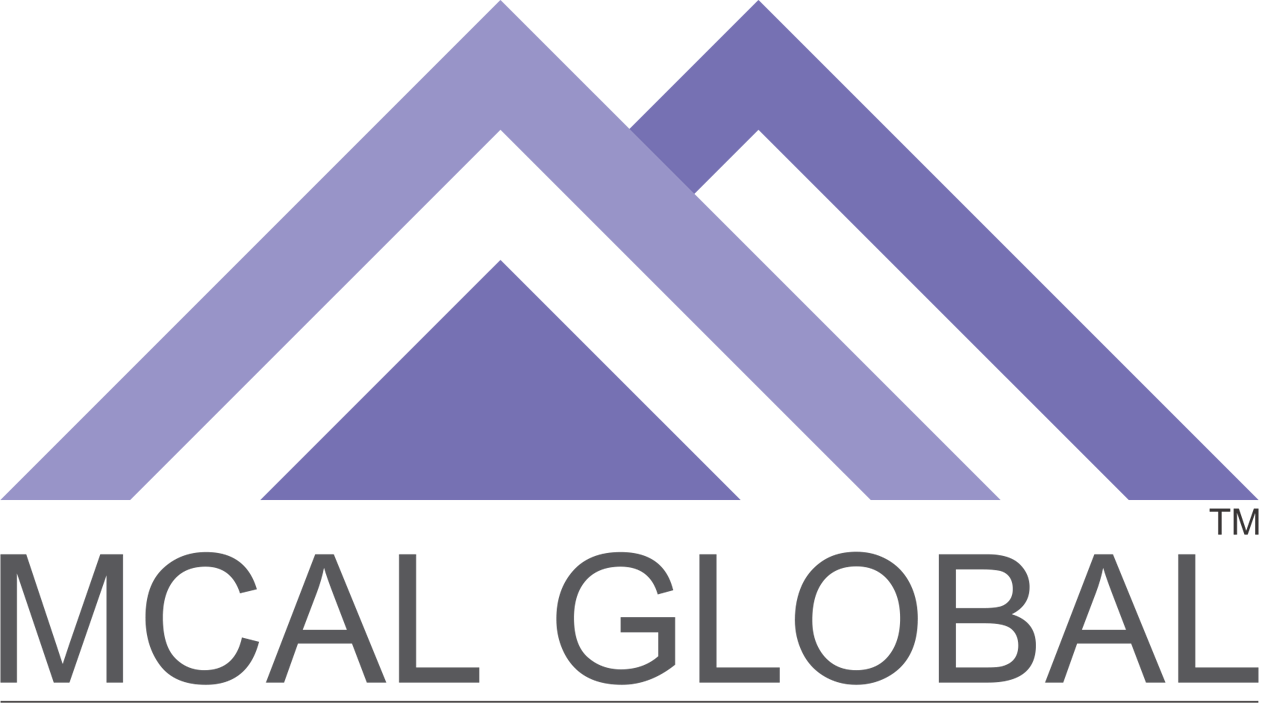Behavioral interviews have become a cornerstone in the recruitment process, especially when it comes to roles that demand not only technical expertise but also strong interpersonal and analytical skills, like that of a Business Analyst. These interviews delve beyond the surface-level qualifications, exploring how candidates have handled past situations relevant to the job at hand. This blog aims to guide you through the intricacies of conducting effective behavioral interviews for Business Analyst roles, ensuring you find candidates who not only have the right skills but also fit well within your team and organization. Aspirants who want to become business analysts must be aware of these behavioral interview questions that they may have to face during interviews.
Table of Contents
ToggleUnderstanding Behavioral Interviews
Behavioral interviews are structured to uncover how a candidate has handled various work situations in the past. Unlike traditional interviews, which focus on hypothetical scenarios or direct qualifications, behavioral questions prompt candidates to recount specific experiences. This approach is grounded in the belief that past behavior is the best predictor of future performance, particularly in complex roles like Business Analysis.
In the realm of business analysis, these interviews are crucial. They help assess a candidate’s proficiency in critical areas such as problem-solving, decision-making, and adaptability – skills that are not easily gauged through conventional questioning. For instance, when a candidate describes how they navigated a challenging project, it reveals insights into their analytical thinking, teamwork, and resilience, traits essential for a successful Business Analyst.
Key Competencies to Assess in Business Analysts
A Business Analyst’s role is multifaceted, involving various competencies that are crucial for effective performance. When crafting behavioral interview questions, it’s essential to focus on:
1. Analytical Thinking: The ability to dissect problems and devise data-driven solutions is fundamental. Questions should probe how candidates have previously approached complex data or ambiguous situations.
2. Communication Skills: Given their role as a bridge between stakeholders and technical teams, excellent communication is vital. Look for examples of how they have managed stakeholder expectations or translated technical jargon into layman’s terms.
3. Problem-Solving Ability: Understanding how a candidate approaches and resolves issues, especially under pressure, is key. Their past experiences can illuminate their problem-solving methodologies and adaptability.
4. Team Collaboration: Business Analysts often work in team environments. Assess their ability to collaborate, manage conflicts, and contribute to team dynamics.
These skills collectively define the efficacy of a Business Analyst. Tailoring questions to uncover these traits ensures a comprehensive understanding of the candidate’s potential.
Behavioral Interview Questions Asked in Business Analyst Interviews
Behavioral interview questions are designed to assess how a candidate has handled situations and tasks in their past professional experiences. For a Business Analyst role, these questions often focus on analytical thinking, problem-solving, communication, and collaboration skills. Here are some examples of behavioral interview questions that might be asked in a Business Analyst interview:
- Problem-Solving:
- “Can you describe a time when you had to analyze complex data to solve a problem? What approach did you take, and what was the outcome?”
- “Tell me about a situation where you had to overcome significant obstacles to reach a key goal.”
- Analytical Thinking:
- “Describe a time when you used your analytical skills to generate a novel solution to a challenging problem.”
- “Give an example of how you have used data to make a decision or solve a problem. What was the process, and what tools did you use?”
- Communication Skills:
- “Can you tell me about a time when you had to present complex information to a non-technical audience? How did you ensure they understood?”
- “Describe a situation where you had to negotiate with stakeholders to get buy-in for a project. How did you handle it?”
- Teamwork and Collaboration:
- “Share an experience where you had to work closely with a team to achieve a common goal. What was your role, and how did you contribute to the team’s success?”
- “Tell me about a time when you had to manage a conflict within a project team. What was the issue, and how did you resolve it?”
- Adaptability:
- “Describe a time when you had to adapt quickly to changes in project requirements. How did you handle it?”
- “Give an example of a time when you had to learn a new technology or tool quickly to deliver a project. How did you go about it?”
- Client/Stakeholder Management:
- “Can you discuss a challenging situation you faced with a client or stakeholder? How did you manage the relationship?”
- “Tell me about a time when you had to persuade a reluctant stakeholder to support your project. What strategies did you use?”
- Time Management:
- “Describe how you manage competing deadlines and priorities. Can you give a specific example?”
- “Tell me about a time when you had to adjust your work priorities to meet changing demands. How did you handle it?”
Join MCAL Global’s Master Business Analysis Training Program
For those aspiring to kickstart or advance their careers in business analysis, consider MCAL Global’s Master Business Analysis Training Program as a transformative step toward securing high-paying positions at top companies. At MCAL Global, we offer CBDA, CBAP, and Master BA Training for the Investment Banking Domain. Explore how this comprehensive training can equip you with the skills and connections needed for a successful career in business analysis.


